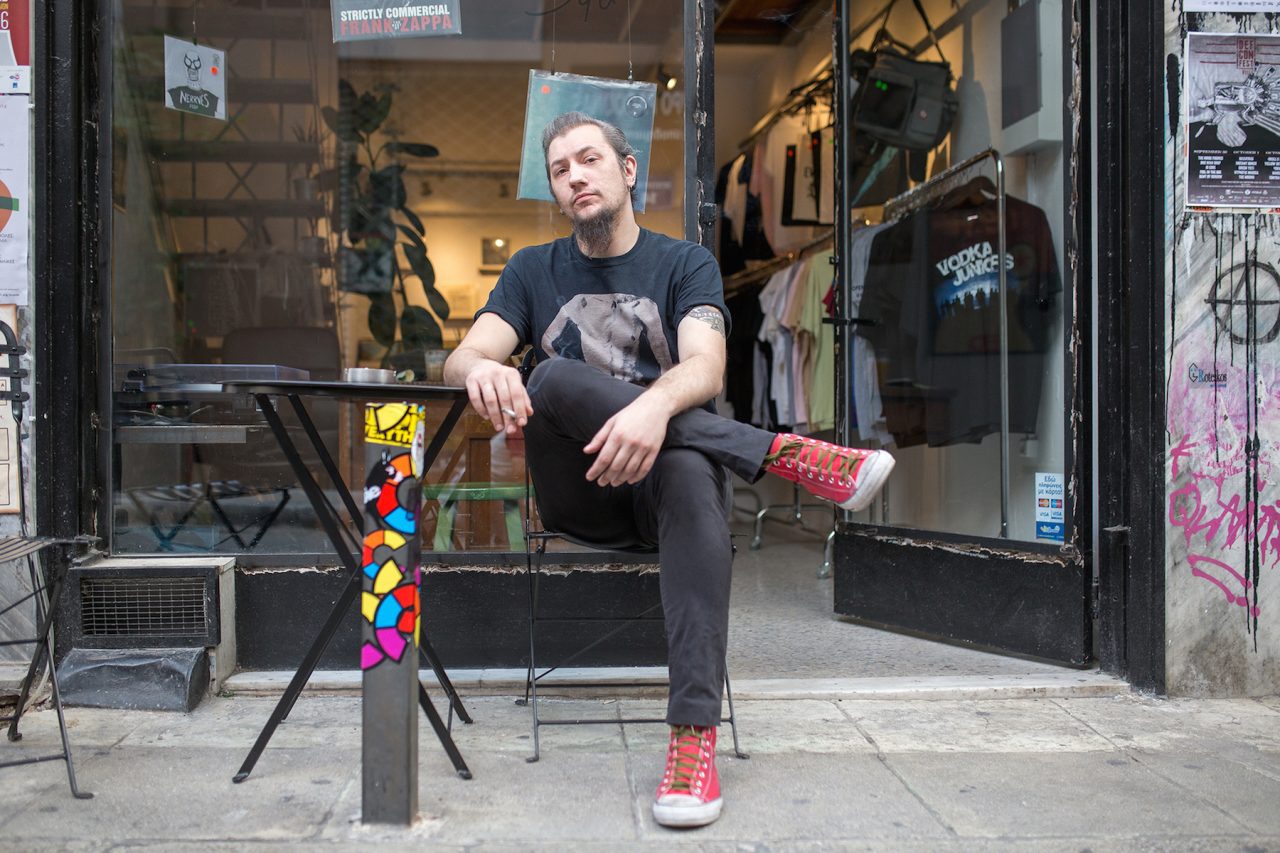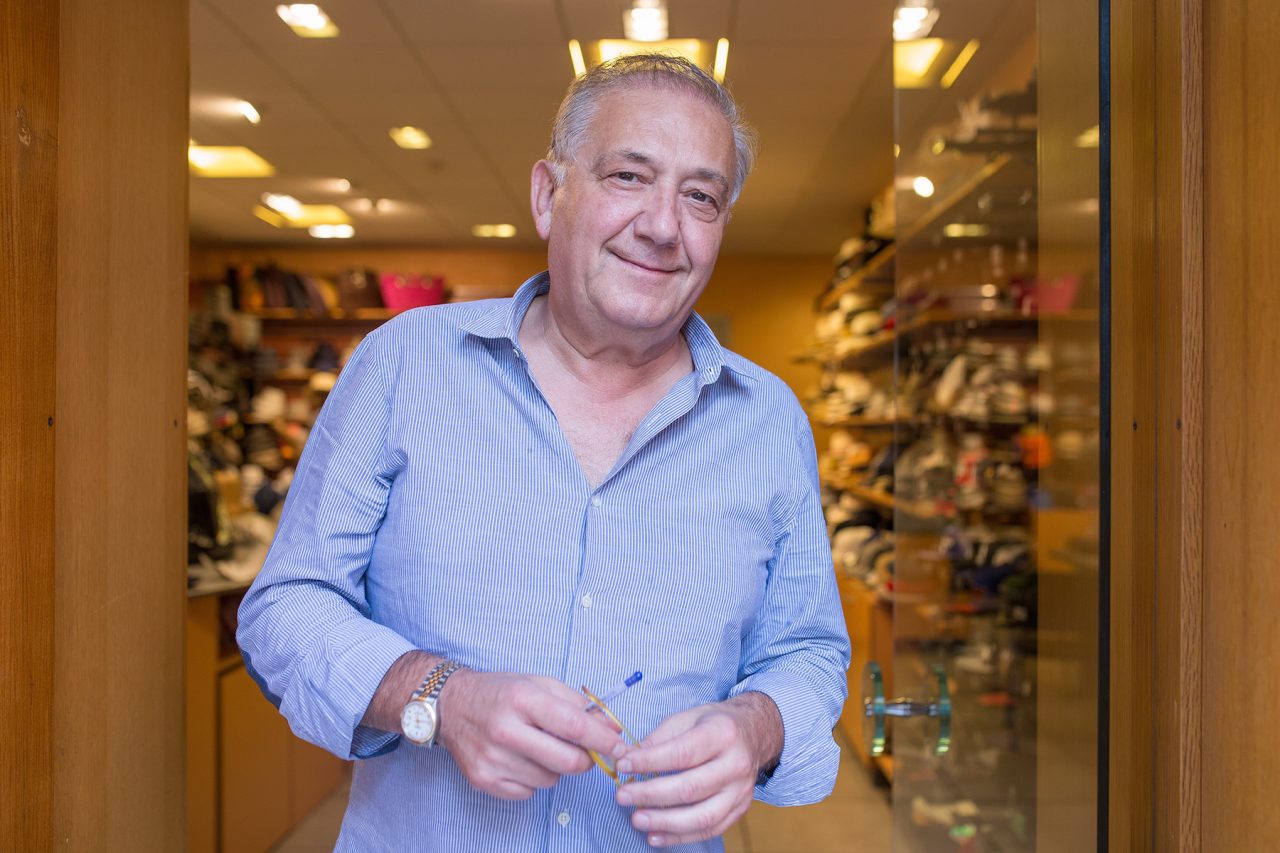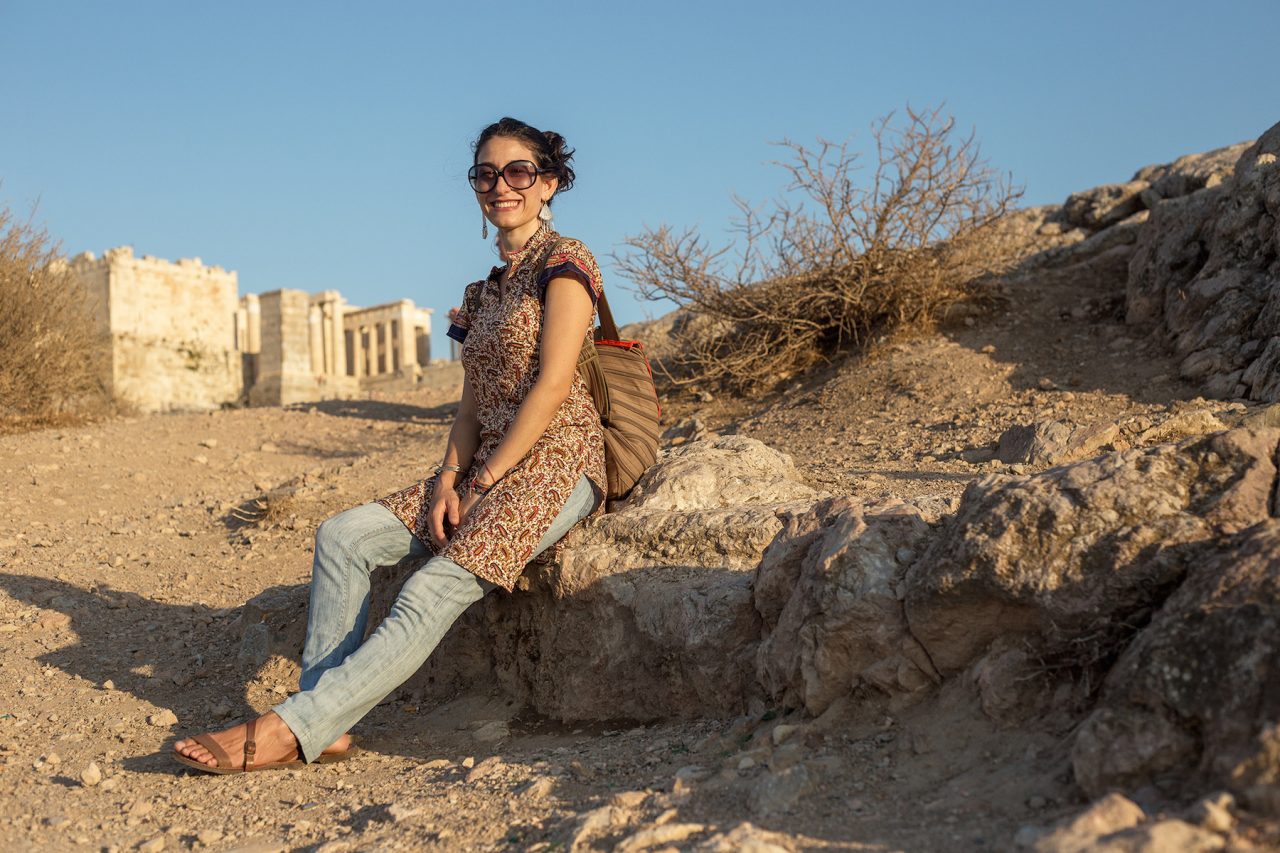
We asked Athenians whether they think Greece’s economy is recovering. Here’s what they said
Over the last few years Greece - and more specifically its economy - has been in the news a lot. Things weren't looking good as the country fell into a massive amount of debt. The situation continues, but for some reason it's not been in the headlines as much, which can make it seem like the problem's gone away. But people's lives remain affected, as politicians struggle to work it out.
We wanted to find out what the Greek people had to say, so we took to the streets of Athens to speak to them about whether they think the economy is recovering at all.

“The first thing that came to my mind and is really sad is the fact that there are no middle class people left. There’s very rich, or very poor. As for the German reforms, I just think this thing ain’t gonna work. Our government can’t pull it through and they’ve been dishonest so far. Thing will be better in future probably, but the debt will still be there for many years to come.”

“Our economy is in bad shape..! I don’t know about the German reforms... but what I really know is that our government’s development measures are ridiculous and prevent growth. As for the future, I believe nothing will happen unless the government stops these strict measures! What I do believe is that every nation is the captain of its own ship, and if there is will for development, and love for the free market, then many good things could happen... all the rest is cheap excuses from a government that doesn’t have the knowledge or the vision to develop a free market.”

“The whole situation has made us more introverted, instead of spontaneous. We’re preoccupied about how to make a living, instead of living. I don’t think the reforms will work – they’ll make things even harder.”

"Things in Greece are hard right now. We’ve stopped watching the news about the debt – the media is controlled anyway. All of this leads Greece to a dead end… worst scenario is Greece almost becomes a colony. Of course that’s not something we want or approve of. Working and improving as individuals in spite of our circumstances is what we’re focusing on right now.”

“The current situation in Greece is rather peculiar because of the crisis. Greek citizens are challenged on a daily basis. But me and the people I interact with managed to find a way to take some days off, and enjoy the Greek sun and sea on our lovely islands. It’ll help us fill our batteries with lots of energy and power for the winter to come! The measurements being imposed on Greek citizens are not applicable and will lead nowhere. But I believe the crisis can provide new orientation for all of us, and create opportunities. Everything will go well in the end if we persist and insist on reaching our goals."

“Greece’s economic problem is part of a global sociocultural and environmental crisis. We can’t isolate it. In any case, help that comes from anywhere but the core of local communities won’t be of any use. The Greek government must acknowledge and support the power that lies among the talents and visions of the Greek people, to work towards a more sustainable society. I strongly believe that the future belongs to the circular economy and social entrepreneurship.”

"Well, the economy seems to be showing signs of improving. There's major road and railworks going on, a few abandoned buildings being restored in the center of Athens, and as far as I know the suicides motivated by debt have decreased. But as I said, it only seems to be improving – because if anyone digs under the surface of all this 'development', there are lifelong private debt contracts and money-draining deals involved that will last over 50, maybe up to 100 years. 'Public' investments will gradually turn private, and people living in Greece will be forced to pay health, education, transport, communication and then water, electricity, heating on a Switzerland scale, but earning next to nothing; or migrate, or get rid of all their real estate inherited from grandparents in villages they won't be able to visit again, work until death, or simply die earlier.
The reforms demanded by the Germans are rational alright, but they're based on the imaginary idea that there's a functional, reasonable government and a well-informed body of citizens who know their rights and obligations and how to manage finances. Greek reality is another thing. The average Greek citizen is a part of an over 40-year-old lie that everything is under 'democratic' control... Instability, inefficiency, covering up losses and faults, nepotism are common practice for all political parties and governments, that's why there are no differences between them any more. None of them had the balls to tell the truth and lose!
The average Greek citizen loved (and still does, I think) to be lied and promised to that someone else will rescue them and take care of his/her business, no effort or payment needed. Until recently this fraud was always successful. This resulted in total distrust in any authority, laws and regulations. Easy but stupid tax policies, raising VAT on restaurants, bars, coffee shops – just made tax evasion explode. Why would we pay the government more while it legally orders lowering of pensions, wages, education, and health? Greek finances are caught in a vicious spiral, like politics are. It will take at least one, if not two generations to realize what impact foreign politics and bank deals will have on life in Greece in the next decades. Keep in mind that this country is already kind of drained of a large part of its younger and financially active generation, who escaped to all directions in the world.
A last remark from a street musician like me: Most of Athens' homeless people who are literally dying on the streets, eating out of garbage bins and drinking out of any leftover cups are either drug and alcohol addicts, mentally disturbed individuals and yes, foreigners from Bangladesh to Denmark, legal and illegal immigrants, victims of international trafficking, stranded in this country due to bureaucracy, lack of social integration policy, caring, money and reason, things one can hardly find here these days."
Images and interviews by Petros Poulopoulos



